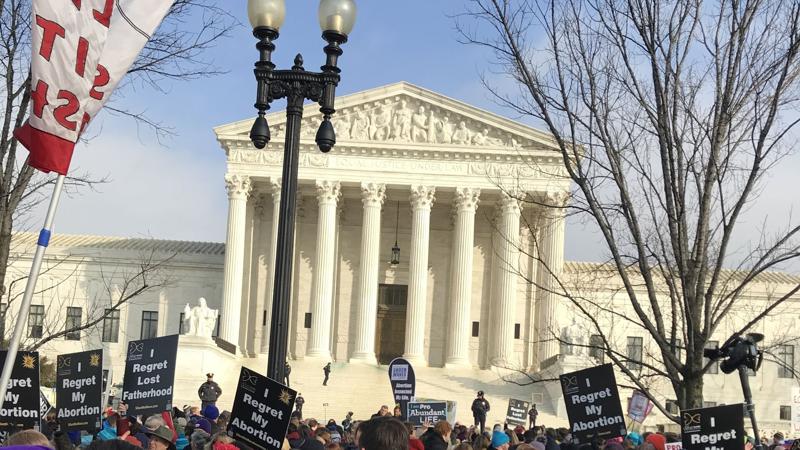U.S. Supreme Court justices on Thursday raised concerns about President Donald Trump’s plan to make changes to birthright citizenship.
New Jersey Solicitor General Jeremy Feigenbaum, representing the states, told the justices that the states need a nationwide injunction because people regularly move between states. Depending on how states deal with the issue, there would be “chaos on the ground where people’s citizenship turns on and off when you cross state lines.”
Solicitor General John Sauer, representing the Trump administration, faced prickly questions from justices.
Justice Brett Kavanaugh asked Sauer how a patchwork of rules would play out.
“What do states do with a newborn?” he asked.
Three federal judges have blocked Trump’s interpretation of the 14th Amendment to the U.S. Constitution. For the last 150 years, one clause in 14th Amendment guaranteed automatic citizenship to any child born on U.S. soil – with a few exceptions – regardless of if the mother was in the country legally.
A U.S. Supreme Court ruling more than a century ago held that children born in the U.S. to foreign parents are U.S. citizens under the 14th Amendment. However, the Trump administration said the 14th Amendment has “never been interpreted” to give universal citizenship to everyone born in the country.
Trump’s executive order directs federal agencies to refuse to recognize U.S. citizenship for children born in the U.S. to mothers who are in the country illegally or here legally on visas if the father is not a U.S. citizen or lawful permanent resident. The order also calls for denying U.S. citizenship to those children born in the U.S. if at least one parent isn’t an American citizen or green card holder, according to the Trump administration.







